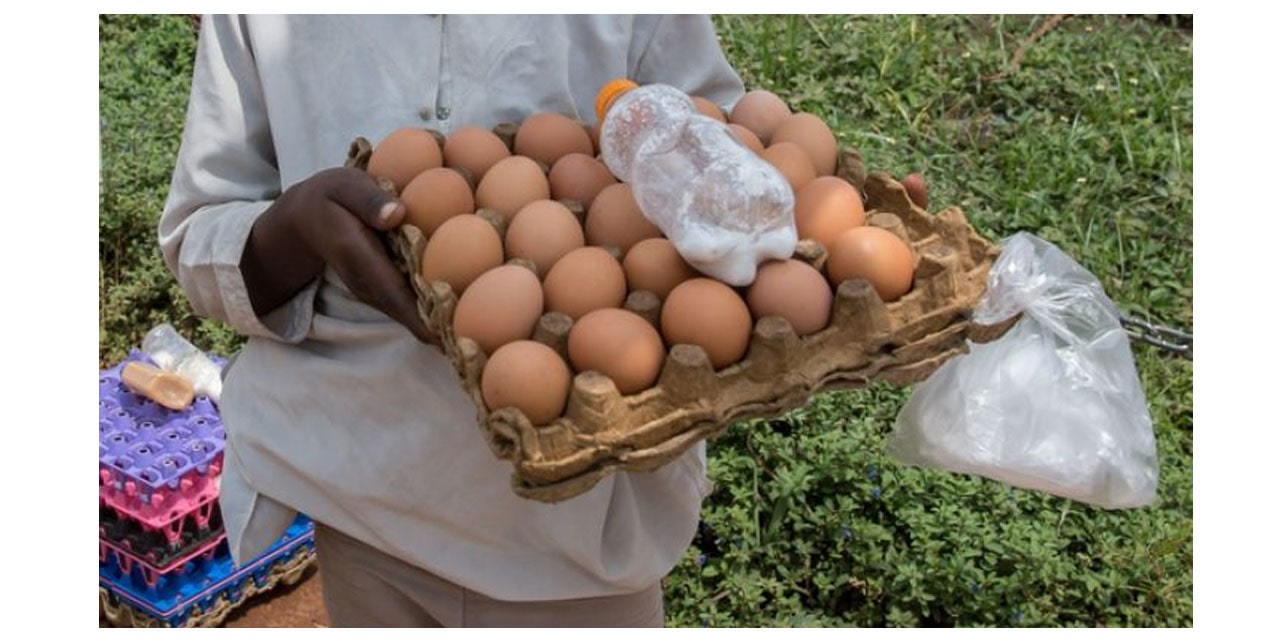Tujoromajo Kasuto
A new type of child labour is emerging in Windhoek, where children are forced to do manual work such as domestic work, selling eggs, fruits and airtime vouchers on the streets among other things for very little payment.
The Windhoek Observer last year interviewed a number of children who work as street vendors mainly in Windhoek for bosses, who accommodate them under deplorable conditions and literally keep them as their slaves.
Many of these children have been lured from their families, mostly in Angola under false pretences and are subjected to child labour by these bosses who sometimes operate in syndicates. They said they had come to Namibia in search of a better life.
The majority of them said that they do not attend school and wake up early in the morning to start with the day’s work mainly at shopping outlets close to or in informal settlements, under the watchful eye of their bosses or their agents. They have nowhere to go or someone to assist them, except the boss. They are also scared of reporting their ordeal to local police, as they may be arrested as illegal migrants.
There are also those employed at farms and villages in the rural areas undetected far away from the eye of the authorities.
The Namibian Labour Act prohibits the employment of a child under the age of 14.
In terms of the Labour Act, it is an offence for any person to employ, or require or permit a child to work in any prohibited circumstance and such person if convicted is liable to a fine not exceeding N$20,000 or to imprisonment for a period not exceeding four years or both the fine and imprisonment.
The Ministry of Gender Equality, Poverty Eradication and Social Welfare had told Windhoek Observer what complicates the children’s plight is that they do not have identity documents and this makes it difficult to determine their ages and the events that lead them to come to Namibia.
“The ministry’s obligation is set to focus on the best interest of children, the child labour approach has a multi-sectoral approach because of the different components that may need answering e.g. How did they come into Namibia? Do they have the right documents to be in Namibia (ID, work permit etc), what age are they?” the ministry stated.
The ministry said they had launched awareness campaigns for combating child labour/abuse, under the slogans, “Spot it to report it” developed in 2009 and “Blind and Sold” relaunched in 2019.
However, the campaigns are mainly aimed for gender-based violence, human trafficking and youth respectively.
According to the International Labour Organisation (ILO), there are roughly 218 million children between the ages of 5 and 17, who are engaged in some type of employment worldwide. 152 million of that figure are casualties of child labour, half of that number work in high-risk environments such as mines, in farming with chemicals like pesticides, or with unsafe heavy apparatus.
Africa has the biggest number of child labourers as 72.1 million children are said to be doing child labour and 31.5 million in hazardous work environments.




